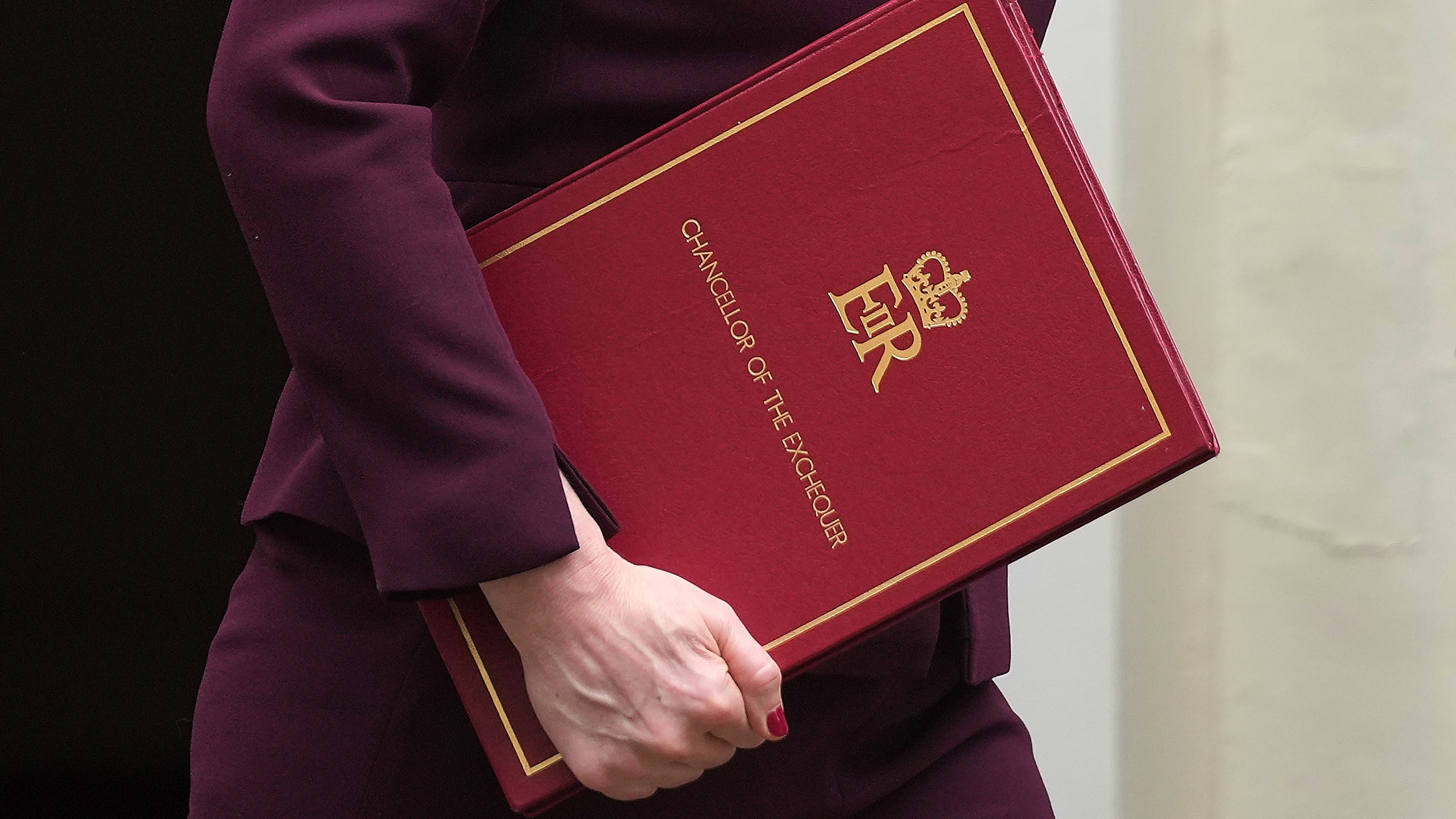On Friday, Repsol YPF (REP) announced a joint-venture agreement with Sinopec Group, parent of publicly listed China Petroleum & Chemical, to develop Repsol's presalt discoveries in offshore Brazil. Sinopec plans to invest $7.1 billion for a 40% stake in Repsol's Brazilian business; Repsol will retain the remaining 60%. The deal values Repsol's Brazilian assets at $17.8 billion. Repsol previously planned a partial initial public offering of its Brazilian assets in order to raise the necessary capital for development. With the Sinopec deal, Repsol will not proceed with a public sale.
By partnering with Sinopec, Repsol gains a strong financial partner that should be able to contribute additional capital in the future to expand operations or pursue additional Brazilian presalt leases. However, Sinopec is not known for its offshore operating capability, so execution is likely to fall to Repsol. More important, the venture will allow Repsol to proceed in developing its promising Brazilian discoveries. Recently, Repsol's profitability suffered as a result of declining production in its Argentine division and a weak European refining market. The development of the Brazilian assets should provide a much-needed boost in the coming years.
The deal also continues the trend of Chinese state-owned energy firms acquiring overseas assets. Last year, Sinopec added resources in West Africa and Iraqi Kurdistan by acquiring Addax Petroleum for $7.2 billion. Other Chinese firms have also actively pursued resources throughout the world, including Canada, Brazil, and Argentina. Given limited opportunities in China and the financial backing of the Chinese government, we expect the trend of Chinese firms acquiring oil and gas firms outright or taking minority stakes to continue.
As for Brazil, future opportunities and rewards may be limited for outside firms, since a proposed Brazilian law would make Petrobras (PBR) operator with a minimum 30% stake in all future presalt concessions. The new law would make concessions already held by firms such as Repsol and BG Group (BG.) more attractive to investors.
Allen Good is an equity analyst with Morningstar.
























